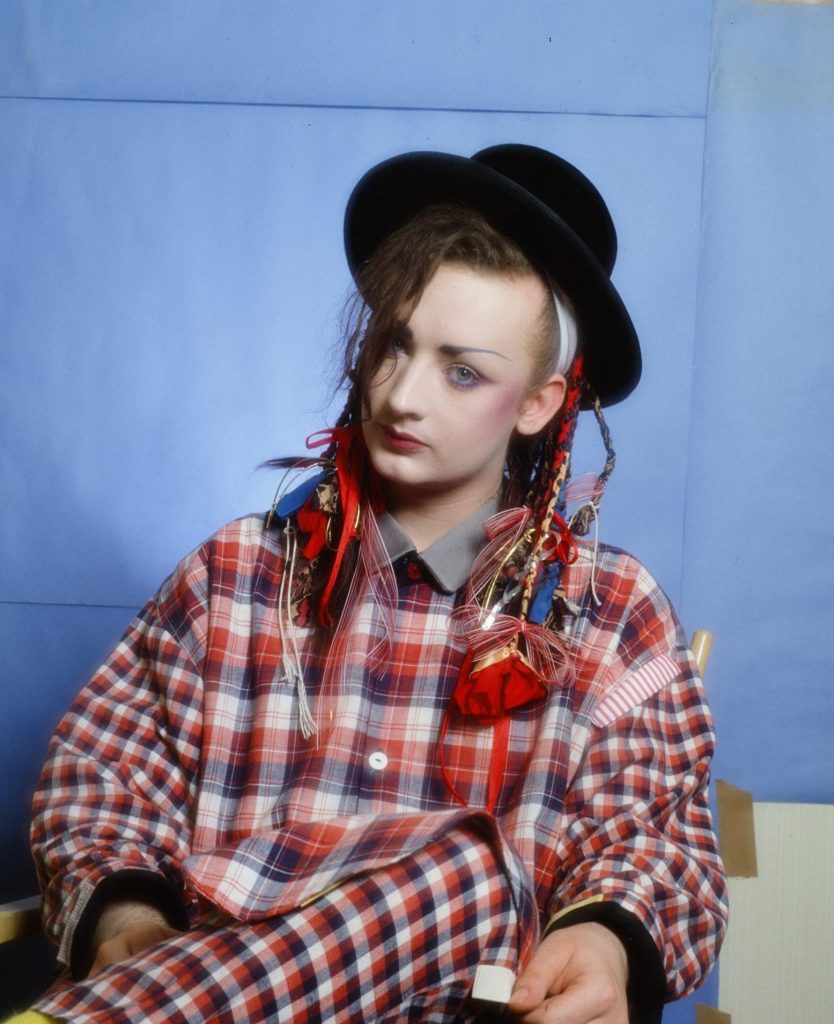Becoming a Grammy-winning, multi-faceted musician that pioneered a new creative direction for an entire generation is no small feat — but for Boy George, it’s even more impressive considering how tough it was to hit the ground running.
The musician, who was propelled to fame and fortune as one-fourth of Culture Club in 1982, has released chart-topping hits such as “Karma Chameleon,” “Time,” and “Do You Really Want to Hurt Me?”
However, before reaching eye-popping levels of global stardom, the British singer — who is set to embark on a 25-city North America tour with the group next month — recalled when he was told that his music would never see the light of day on US radio because of his sexuality.
“I use the word ‘he’ and have done so for many years,” the 62-year-old told The Post.
“In fact, when I was doing ‘Cheapness and Beauty’ I was told emphatically in America that I would never get played on radio because the songs used the word ‘he,’ ” he added, referring to his hit 1995 studio album.
‘If you are gay and you keep it light, you can be camp on the surface and jump around in costumes but don’t talk about anything serious. So no, I don’t think the industry has moved on and I don’t think we are in a better place’
Boy George, aka George O’Dowd.
And he was right, he notes, the album received hardly any radio plays across the pond.
Now, while he doesn’t see himself as a member of any particular queer group, such as the LGBTQIA+ community, the pop legend has never shied away from his sexuality.
“Yes, I’m gay,” he said. “But I don’t consider the music I make to be just gay music. I make music that’s about everything and I don’t shy away from subjects of my lifestyle.”
After Culture Club’s first break-up in 1987, the frontman kickstarted a solo career and went on to release nine studio albums.
The singer, whose real name is George O’Dowd, believes there’s now a “pressure to be diverse” in the music industry — a stark difference from when he was starting out.
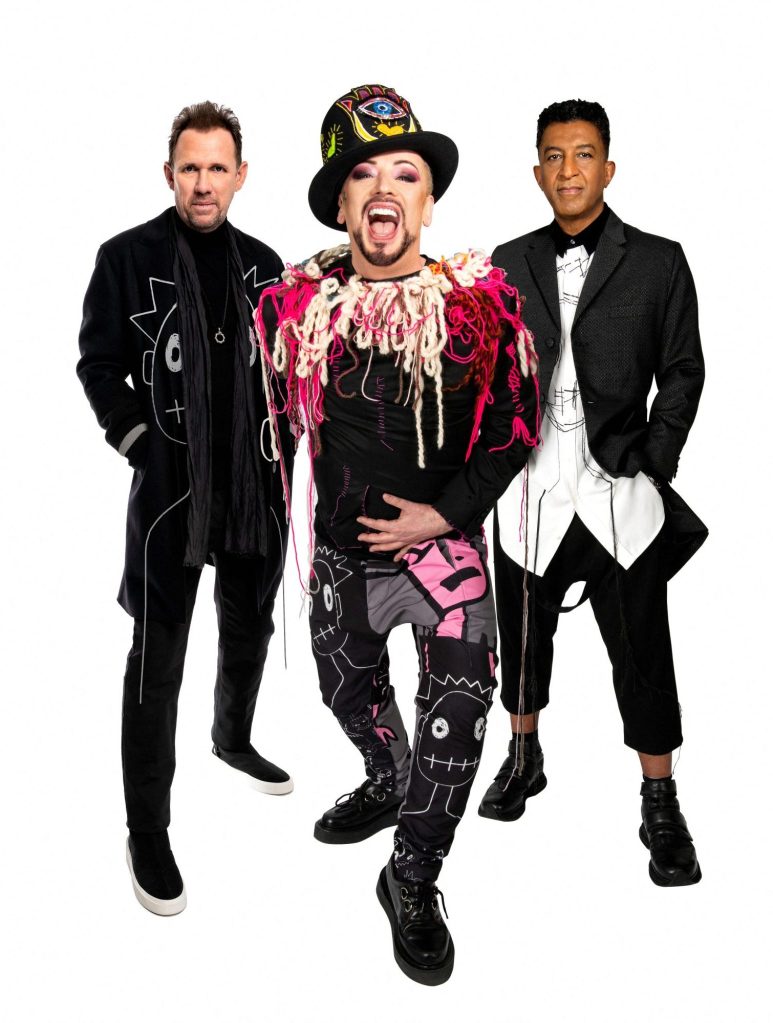
“There’s a pressure now to be diverse, like a natural vocation like, ‘You must be diverse, you must be different, you must be outrageous.’ Because we now have the internet,” he explained. “You can’t just be a singer anymore, you have to be a singer, and an activist, and have a cause. But a lot of it isn’t educated or thought about. People just scream at each other.”
“On the one hand, people are getting into such detail about what you call them, but then if you are actually gay, it’s irrelevant,” he shared. “The whole thing is insane. It’s ridiculous. How can I take any of it seriously? Which is why I don’t.”
The “If I Could Fly” hitmaker adds that these days, the music industry has become all about sexuality.
“Over the years I’ve continuously said it’s much easier for a straight person to act gay on stage, like Matty Healy [of the 1975], but as an actual gay person, they don’t want to hear what you have to say,” he said. “They want frills. We all get too wrapped up in what someone’s sexuality is.”
“My sexuality takes up a couple of hours a week at a push,” he quipped. “I love being gay and I wouldn’t choose any other existence.”
The singer says he’s “always been encouraging of people expressing their ideas in any way they want,” but adds that he doesn’t “walk around thinking that I did it first.”
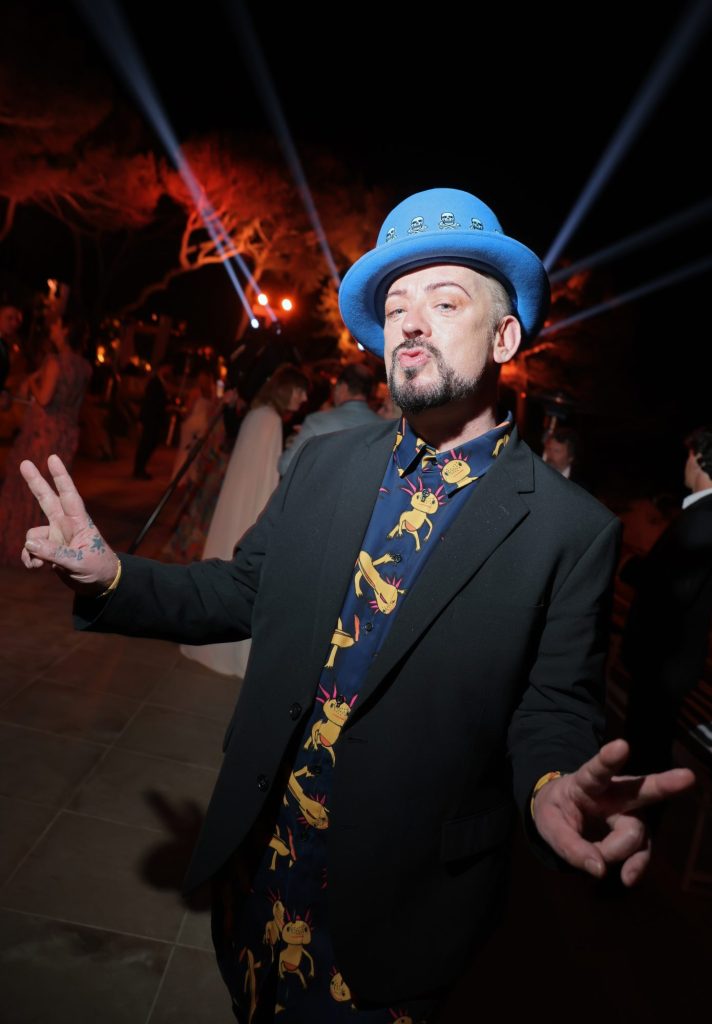
George credits his parents for being “weirdly open-minded” and not boxing him in throughout his childhood in the UK.
“They would say to me, ‘If you want to go out like that and get beaten up then that’s your choice.’ They worried more about what was going to happen to me on the street. Looking back, I got chased down the road, I got hit on buses, my radar always had to be strong and it still is now.”
And while society has evolved for the better since the 1980s in terms of LGBTQIA+ representation, the same can’t be said for the music industry, George added.
“If you are gay and you keep it light, you can be camp on the surface and jump around in costumes but don’t talk about anything serious,” he told The Post. “So no, I don’t think the industry has moved on and I don’t think we are in a better place.”
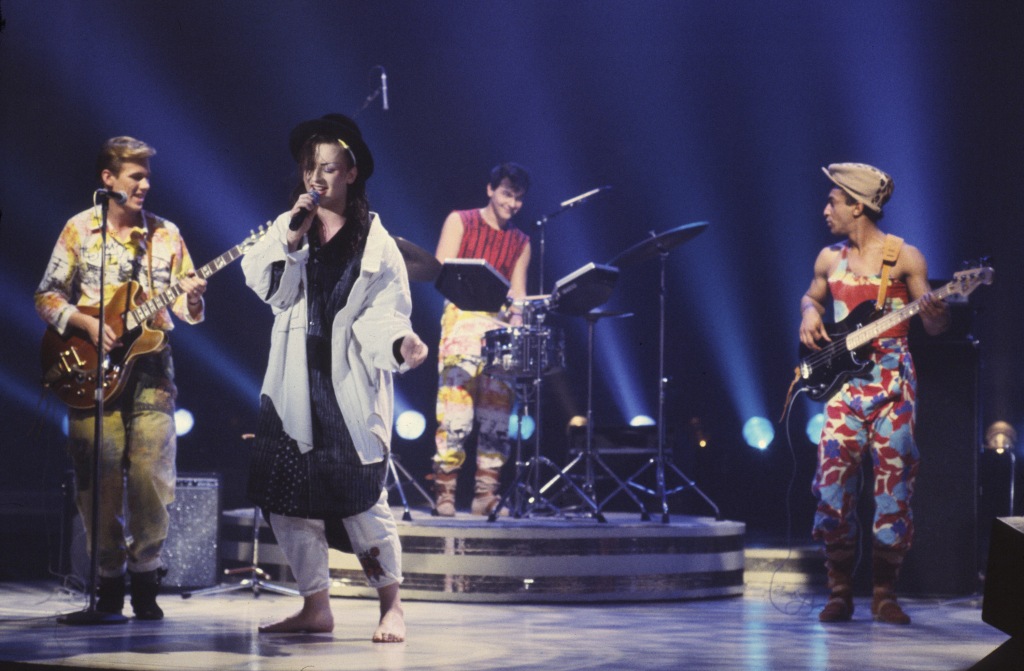
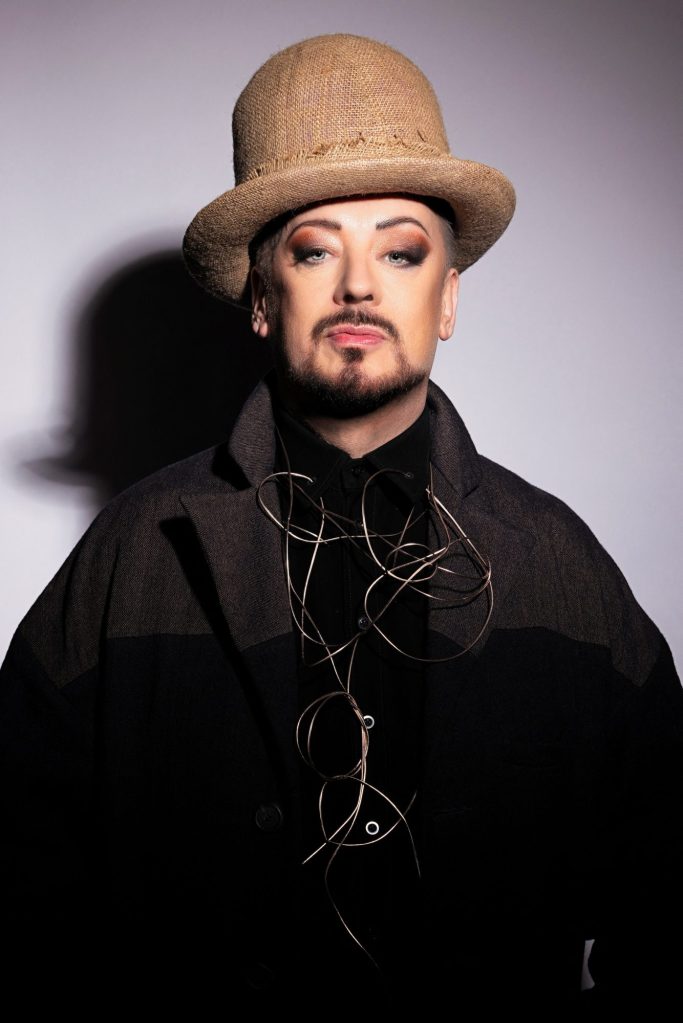
“I think we’re in a better place for surface visibility, but in terms of actually making a statement, I don’t think people are actually singing about what’s important,” he added.
George adds that once artists get signed on to big labels, they are told to maintain their style forever — a noticeably recurring theme when he watched the Glastonbury Festival.
“This industry that’s supposed to be about creativity gets in the way of being creative. If you don’t make a certain type of record you are not getting played on the radio,” he explained.
“Nowadays, they don’t do anything exciting like ban you, they just ignore you. It is just a lot of hype these days.”
“I watch Glastonbury [Festival] and I just think, ‘This is ridiculous.’ They are just caught in the cycle. Once you start making music purely to be successful or have a career, then the substance of what you are saying is just not interesting.”
Still, George notes that it’s “hard as it ever was to be a successful musician.”
“It’s almost impossible to know how to get people to care. I think [the music industry] is worse than ever, because everyone is competition. You have to really push hard to get noticed now. Nowadays, It’s more kill to dress than dress to kill,” he added.
Despite an internal battle with himself, Boy George is finally happy with being Boy George.
“I love being famous. Finally, I love it,” he said. “I love being Boy George. I spent years fighting against this thing I created.”
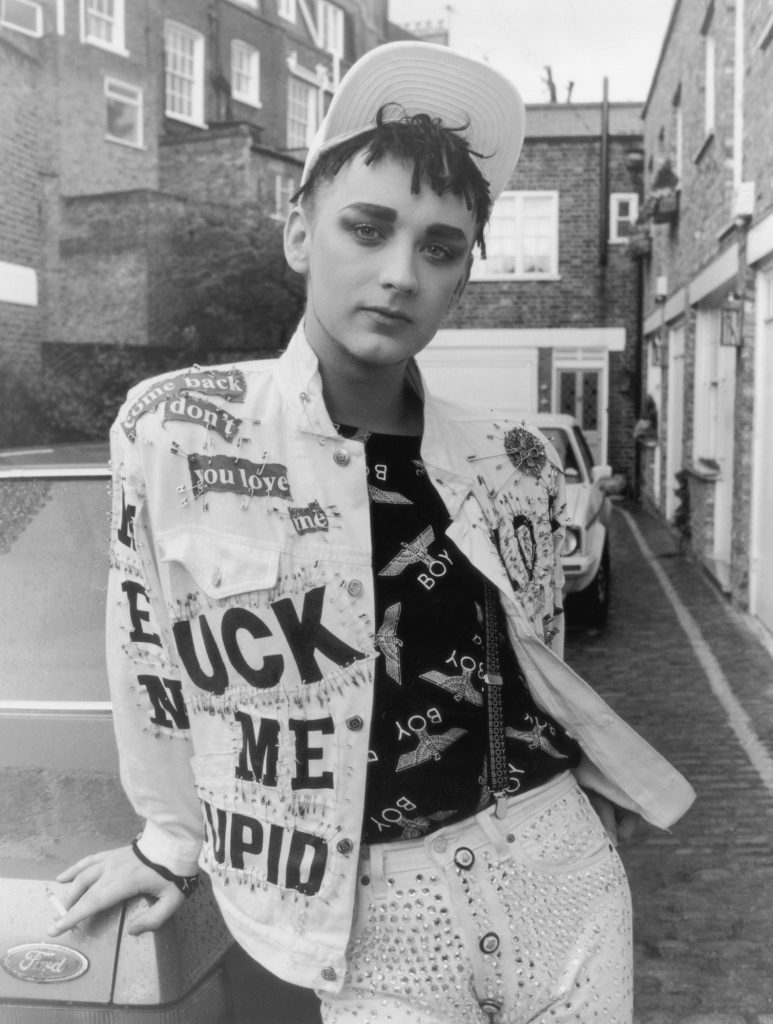
“I didn’t go out of my way to create a third person, but I have such a strong image that when I’m dressed up I’m treated differently. That look comes with a responsibility. As I got older I got more comfortable with it. I got more relaxed about how I look as I’ve gotten older. I go out a lot without makeup on and I’m quite happy with the way I look.”
He said that he longer gets “worked up” about being in the public eye as he used to decades ago.
“I enjoy what I’ve created now. It’s about being non-reactive about things that don’t matter,” he admitted. “Nowadays I’m fully present. Once you start to enjoy being who you are, you start having the most fabulous time with it.”
Boy George and Culture Club’s “The Letting It Go Show” North American tour will kick off July 13 in West Palm Beach, Florida.
The tour will be making stops in a total of 25 cities, wrapping up in Concord, Calif. on Aug. 20.

